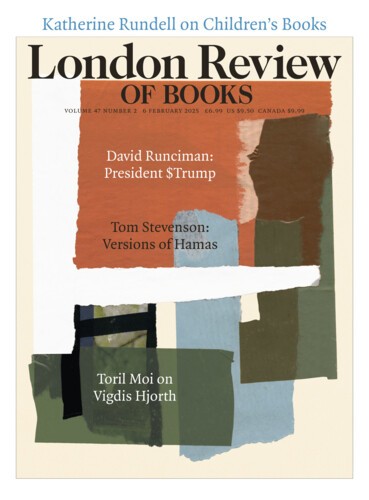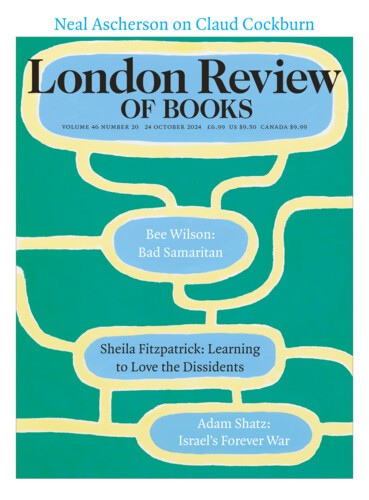Francis FitzGibbon
Francis FitzGibbon is a KC. He was chair of the Criminal Bar Association from 2016 to 2017.
Diary: Why I Resigned
Francis FitzGibbon, 24 October 2024
The plan to ‘off-shore’ asylum seekers to Rwanda was the last straw. In May 2023, I resigned as a (part-time) immigration judge after twenty years in the job. It was less a matter of conscience, more of recognition that the role had become irrevocably tainted by the politics of asylum. For years, people coming to the UK for respite from horrors in their home countries had faced...
On one view, a placard in the street in front of a court building, visible to members of the public who may or may not be jurors, could hardly amount to an interference with anything; it might even give useful information – especially if a decision to acquit based on conscience really is a right that jurors have.
The Illegal Migration Bill (now in force as the Illegal Migration Act) was debated without the usual ministerial statement that it was compatible with the European Convention on Human Rights. The ‘statement of compatibility’ is a non-compulsory feature of the legislative process introduced by the Human Rights Act from 2000. Governments have dispensed with it only three times since.
‘Sir,’ Samuel Johnson said to Boswell as they toured the Hebrides:
a lawyer has no business with the justice or injustice of the cause which he undertakes, unless his client asks his opinion, and then he is bound to give it honestly. The justice or injustice of the cause is to be decided by the judge. Consider, sir; what is the purpose of the courts of justice? It is, that every man may have his cause fairly tried, by men appointed to try causes.
Johnson expresses the rationale for the ‘cab rank rule’ that barristers continue to obey.
Read anywhere with the London Review of Books app, available now from the App Store for Apple devices, Google Play for Android devices and Amazon for your Kindle Fire.
Sign up to our newsletter
For highlights from the latest issue, our archive and the blog, as well as news, events and exclusive promotions.



